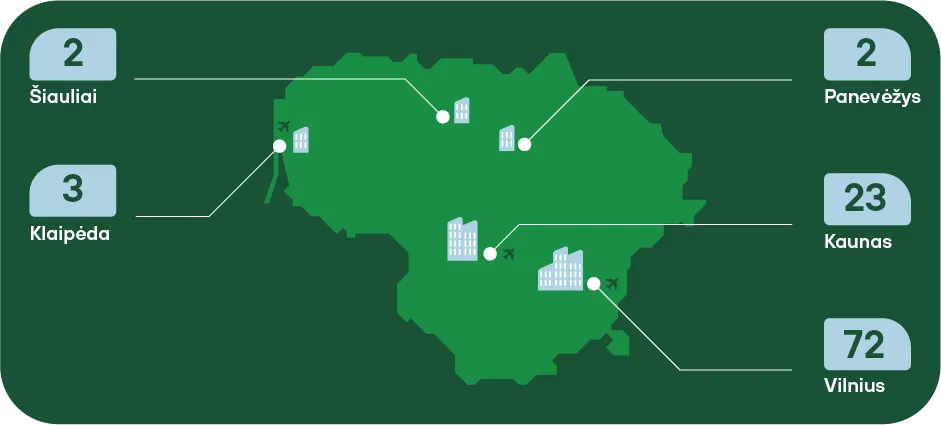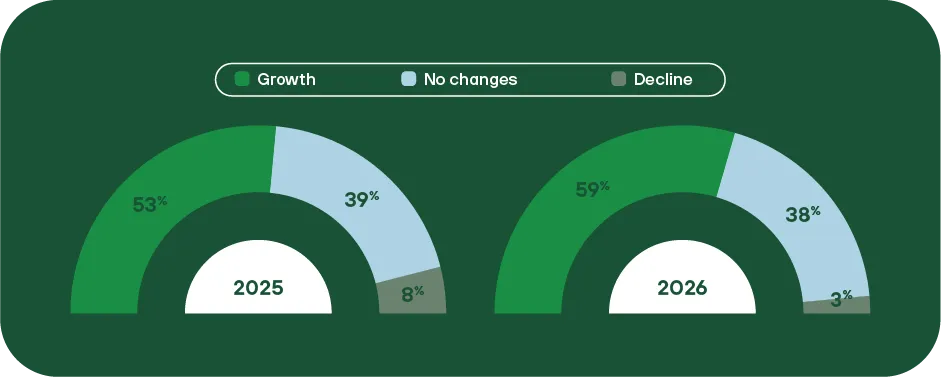Explore Lithuania’s mature Global Business Services ecosystem, driven by skilled talent, operational excellence, and a strong cost-to-quality advantage.
-
BioeconomyAn innovative leader in sustainable biomanufacturing and circular economy solutions
-
BiotechnologyA growth hotspot for personalized medicine and biomanufacturing
-
Business ServicesA mature Business Services market with a drive for innovation and excellence
-
CleantechTalent, infrastructure, and support for cleantech innovation
-
CybersecurityRobust infrastructure and prime talent for advanced cybersecurity solutions
-
Data CentersA premier destination for sustainable and innovative data centers
-
DefenceFuture-focused military technology ecosystem with robust state support
-
Fintech & Financial ServicesA leading center for fintech and financial services in Northern Europe
-
TechnologyA hub for innovation and growth













